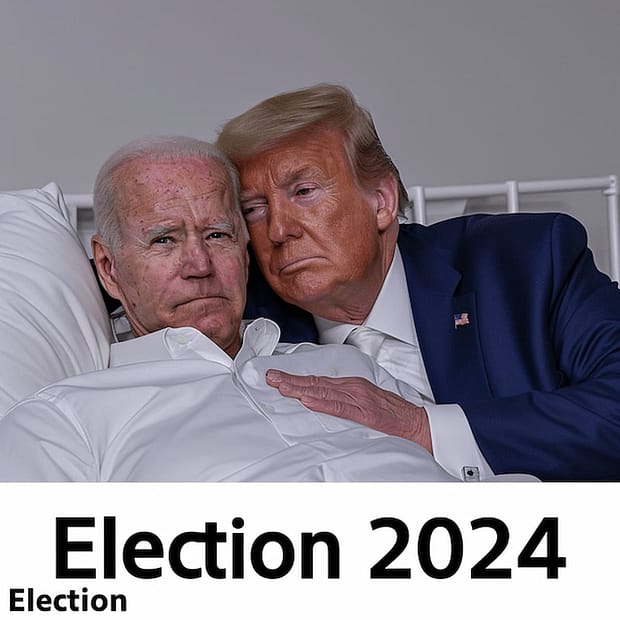Political debates serve as vital forums for discussing, dissecting, and deliberating on key issues that shape societies and governance. These debates, whether in formal settings like televised forums or informal conversations among citizens, play a crucial role in informing public opinion, holding leaders accountable, and driving democratic decision-making processes. In this article, we’ll delve into the significance of political debates in society and their impact on shaping the course of political discourse and policy outcomes.
Key Takeaways
- Political debates provide opportunities for citizens to engage in critical analysis, exchange diverse viewpoints, and hold leaders accountable.
- They serve as platforms for candidates to articulate their visions, policies, and plans, allowing voters to make informed decisions during elections.
- Effective moderation, fact-checking, and public engagement are essential for ensuring the integrity and impact of political debates.
The Importance of Political Debates
Political debates play several critical roles within society:
- Informing Public Opinion: Debates provide citizens with access to information, analysis, and contrasting viewpoints on key issues, empowering them to make informed decisions.
- Accountability: By subjecting candidates and leaders to scrutiny, debates hold them accountable for their actions, statements, and policy proposals.
- Deliberative Democracy: Debates foster deliberation and dialogue among citizens, promoting civic engagement and collective decision-making in democratic societies.
Impact of Political Debates
The impact of political debates extends beyond individual candidates or elections:
- Shaping Policy Discourse: Debates influence the public discourse on policy issues, setting the agenda for legislative priorities and government action.
- Civic Engagement: Debates encourage citizens to participate in political processes, whether through voting, activism, or community organizing.
- Social Change: Debates can catalyze social movements, mobilize public opinion, and drive change on issues such as civil rights, environmental protection, and healthcare reform.
Ensuring Effective Political Debates
To maximize the impact and integrity of political debates, it’s essential to implement the following measures:
- Moderation: Ensure debates are moderated impartially, with moderators facilitating substantive discussion, enforcing time limits, and preventing disruptions.
- Fact-Checking: Incorporate real-time fact-checking to correct misinformation and hold participants accountable for accuracy.
- Public Engagement: Encourage public participation in debates through town hall meetings, online forums, and interactive platforms, allowing citizens to ask questions and voice concerns.
Real-life Example: Presidential Debates
Presidential debates, such as those held during election campaigns in the United States, attract millions of viewers and play a significant role in shaping public opinion. These debates provide voters with insights into the candidates’ positions, leadership styles, and readiness to govern, influencing electoral outcomes and policy debates.
Conclusion
Political debates are essential mechanisms for fostering discourse, democracy, and decision-making in society. By providing platforms for critical analysis, accountability, and civic engagement, debates empower citizens to participate actively in the political process and shape the course of governance. Moving forward, it’s crucial to prioritize transparency, integrity, and public engagement in organizing and conducting political debates, ensuring they remain robust and impactful forums for advancing democratic values and principles.














